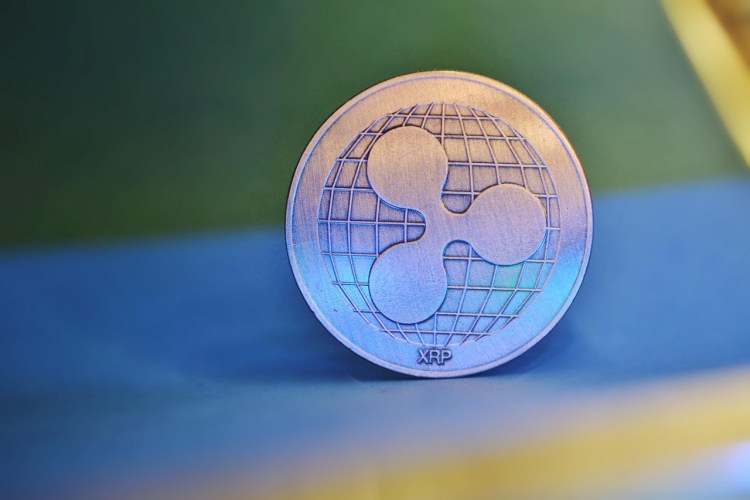Global Power Shift: Nation-States Challenged by New Structures
Note: This post may contain affiliate links, and we may earn a commission (with No additional cost for you) if you make a purchase via our link. See our disclosure for more info. The crypto world is constantly changing. This content is for informational purposes only and not financial, legal, or professional advice So, please verify the info on the cryptocurrency provider’s websites.
Jarrad Hope asserts that the nation-state model, a framework that has governed global affairs for approximately 380 years, is currently undergoing a profound process of decline and ‘hollowing out.' Hope identifies the primary drivers of this weakening as the escalating influence of multinational corporations and the emergence of various competing centralized structures. These entities, through their global reach, immense economic power, and often borderless operations, increasingly challenge the traditional authority, regulatory capacity, and even the very relevance of nation-states. This perspective suggests a significant paradigm shift, where the foundational principles of national sovereignty and territorial governance are being systematically eroded by alternative forms of organization and power distribution. The implications of such a shift are vast, potentially leading to new models of societal and economic organization that operate beyond conventional national boundaries, impacting everything from digital identity to resource allocation.
However, the provided source text is extremely concise, consisting of only this single declarative statement. As such, it offers no specific details regarding any particular product or technology that might embody or facilitate this transition to a new paradigm, such as the ‘network states' mentioned in the article's full title. Consequently, it is impossible to fulfill the request to outline key features, elaborate on potential benefits, identify a specific target audience, or detail any technical specifications related to such a conceptual successor. The text merely establishes the premise of the nation-state's diminishing role, leaving the characteristics and operational mechanics of any proposed future models, and the technological underpinnings they might possess, entirely unaddressed within this brief excerpt. The core message is a diagnostic observation of the current state of geopolitical power dynamics rather than a prescriptive description of emerging solutions or technologies.









